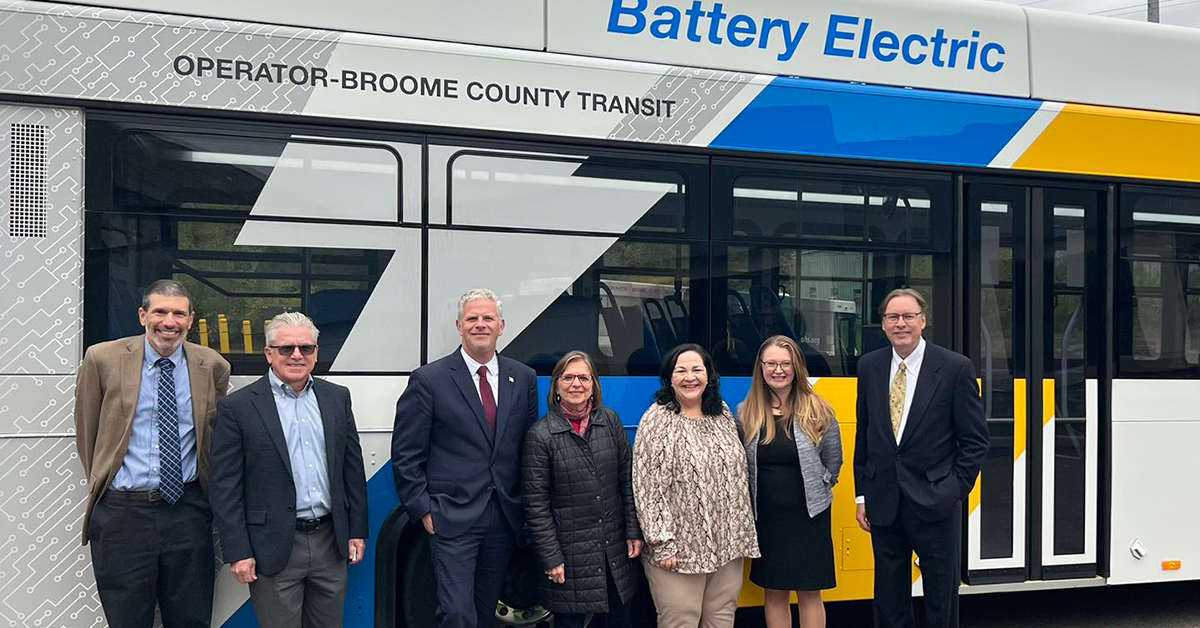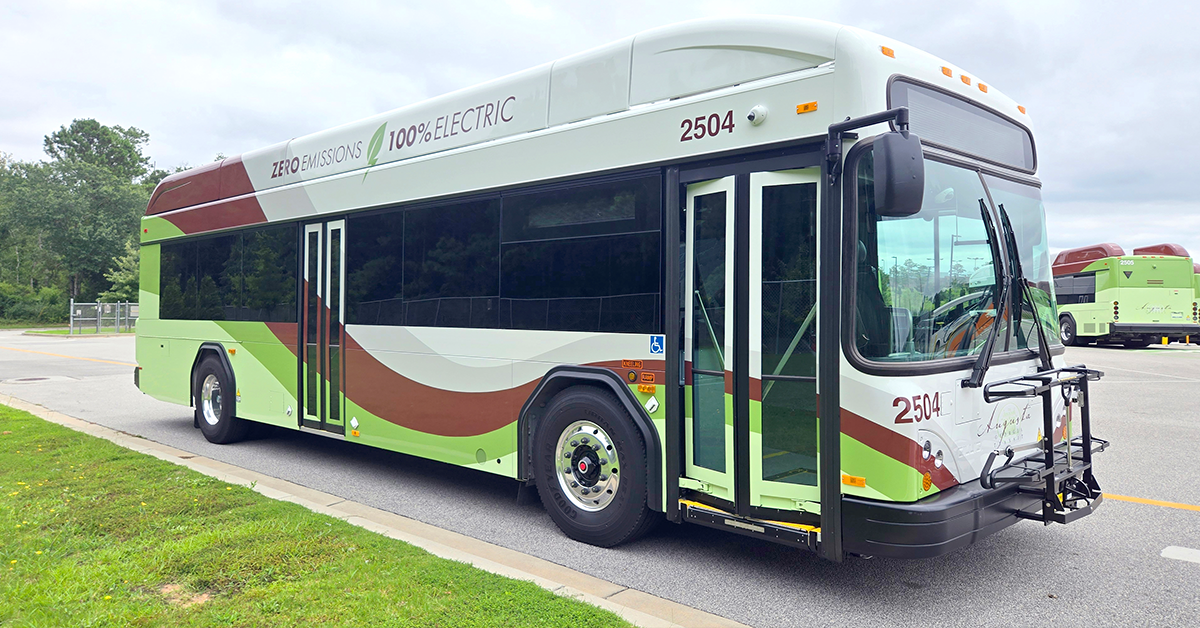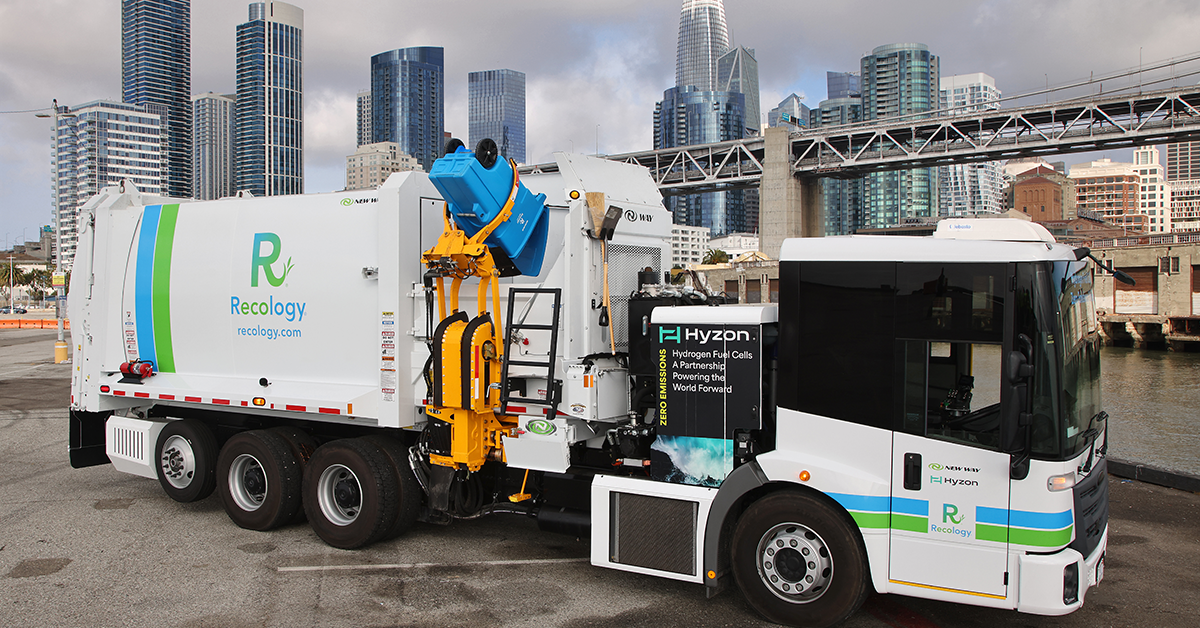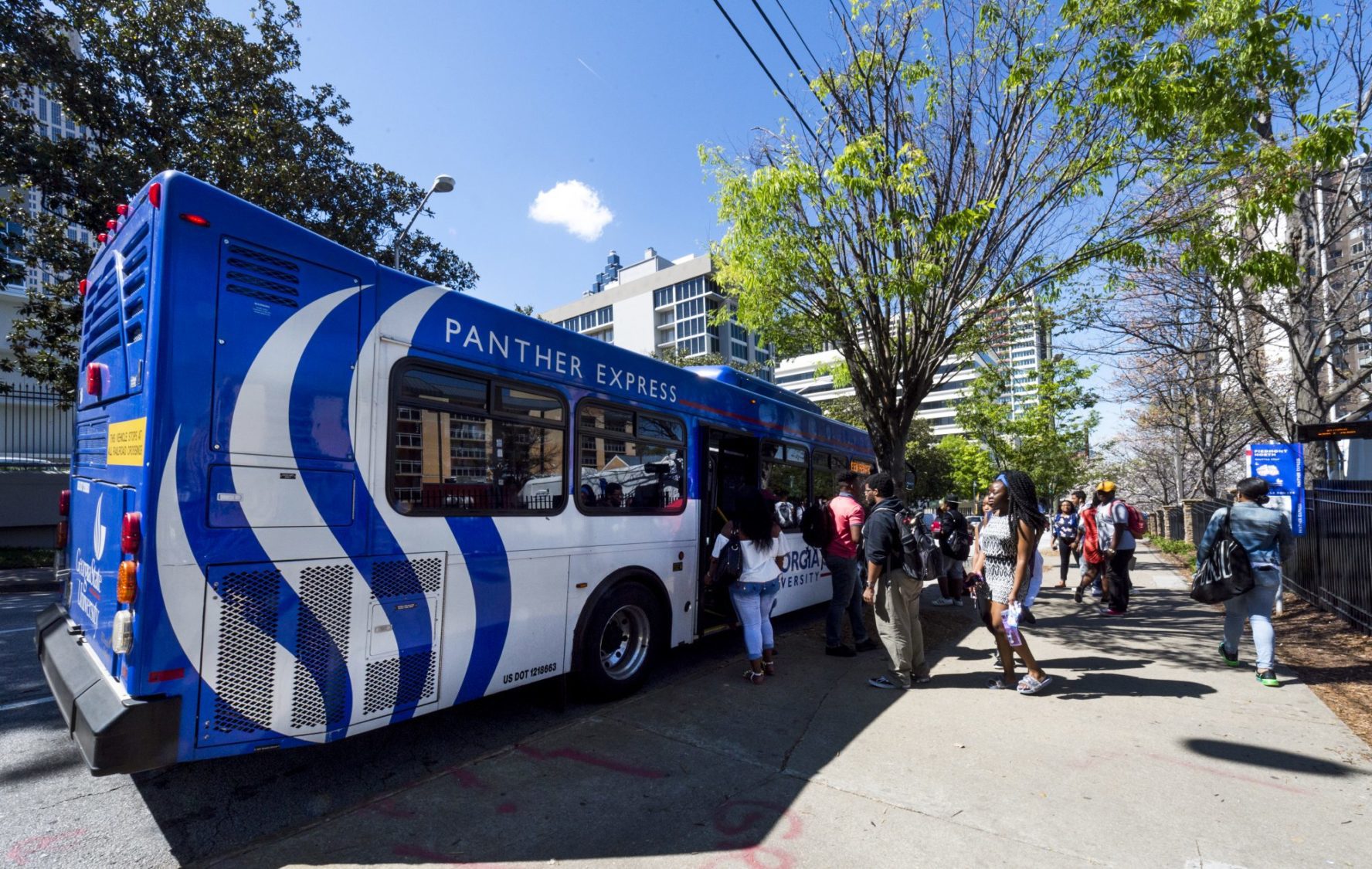CTE Successfully Completes Department of Defense Hydrogen Fuel Cell Pilot Program

A team led by the Center for Transportation and the Environment (CTE) has successfully completed a hydrogen fuel cell pilot program at the Defense Depot San Joaquin (DDJC) in Tracy, California.
The project team, consisting of Air Products, Plug Power, Proton Energy, and Pap Material Handling successfully designed, installed, operated, maintained, and decommissioned an electrolytic hydrogen generation and dispensing station and 20 fuel cell powered forklifts.
Leo Plonsky, of the sponsoring Defense Logistics Agency (DLA), stated, "I want to thank [CTE] and [their] team for a successful project at DDJC. When considering both the hydrogen production and fuel cell aspects of the demonstrations, it was the most accomplished of our four pilot sites. [The CTE] team was on time, on performance, and under cost. Maintaining operational availability over 99% while delivering a $1MM+ underrun (16%) on an R &D project is commendable."
Of the 8,134 kg of hydrogen produced by the electrolyzer throughout the two-year demonstration, 7,322 kg were dispensed over 9,062 fueling events providing the 20 fuel cell forklifts with 38,231 hours of operation. Even more impressive, the forklifts and hydrogen station finished the project with operational availabilities of 99% and 100%, respectively.
The pilot program aimed to increase knowledge and understanding of hydrogen-powered materials handling equipment (MHE) and the associated infrastructure. Through a 24-month demonstration period running from December 2011 through November 2013, the team collected, analyzed, and reported forklift and fueling operations and maintenance data leading to TRL (Technology Readiness Level) and MRL (Manufacturing Readiness Level) advancements for the equipment. The team believes the project goal of increasing knowledge and understanding of the system was certainly met by:
- Providing consistent and accurate operational data throughout the full two year period,
- Providing business case data for the MHE throughout the two year pilot, and
- Furthering understanding regarding the challenges of establishing electrolytic hydrogen generation to meet small-scale supply and demand environments.
The understanding of hydrogen fuel cells gained during this pilot program paves the way for future commercial readiness of the technology. Through the collection and analysis of operations and maintenance data, the project team was able to advance the TRL and MRL levels of the MHE Fuel Cell GenDrive Units from TRL 7/MRL 6 to TRL 9/MRL 9.





